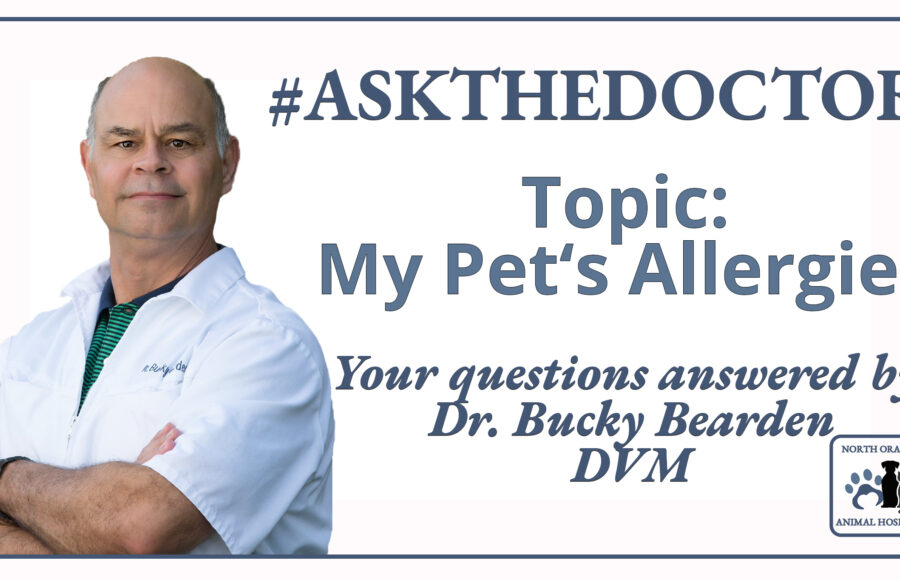
Allergies and Your Dog: Atopic Dermatitis
Yes, dogs can get allergies just like humans do. Dog allergies are often caused by the allergens found in pollen, animal dander, plants, and insects, but dogs can also be allergic to food and medication as well. These allergies can cause symptoms such as excessive itching, scratching, and grooming; rashes; sneezing; watery eyes; paw chewing; and skin inflammation. In some cases, dogs have conditions, such as atopic dermatitis, that is associated with and may be caused by allergies.
Atopic Dermatitis in Dogs
Atopic dermatitis is an inflammatory, chronic skin disease associated with allergies. In fact, this is the second most common allergic skin disease in dogs. These allergic reactions can be brought on by normally harmless substances like grass, mold spores, house dust mites, and other environmental allergens.
Dogs normally show signs of the disease between 3 months and 6 years of age, though atopic dermatitis can be so mild the first year that it does not become clinically apparent before the third year.
Despite the fact dogs are more prone to atopic dermatitis than cats, it does occur in felines. If you would like to learn more about how this disease affects cats, please visit this page in the PetMD health library.
Symptoms and Types
Often symptoms associated with atopic dermatitis progressively worsen with time, though they become more apparent during certain seasons. The most commonly affected areas in dogs include the:
- Ears
- Wrists
- Ankles
- Muzzle
- Underarms
- Groin
- Around the eyes
- In between the toes
The signs associated with atopic dermatitis, meanwhile, consist of itching, scratching, rubbing, and licking, especially around the face, paws, and underarms.
Causes
Early onset is often associated with a family history of skin allergies. This may lead the dog to become more susceptible to allergens such as:
- Animal danders
- Airborne pollens (grasses, weeds, trees, etc.)
- Mold spores (indoor and outdoor)
- House dust mite
Diagnosis
Your veterinarian will want a complete medical history to determine the underlying cause of the skin allergies, including a physical examination of the dog.
This article is from PetMD.com




